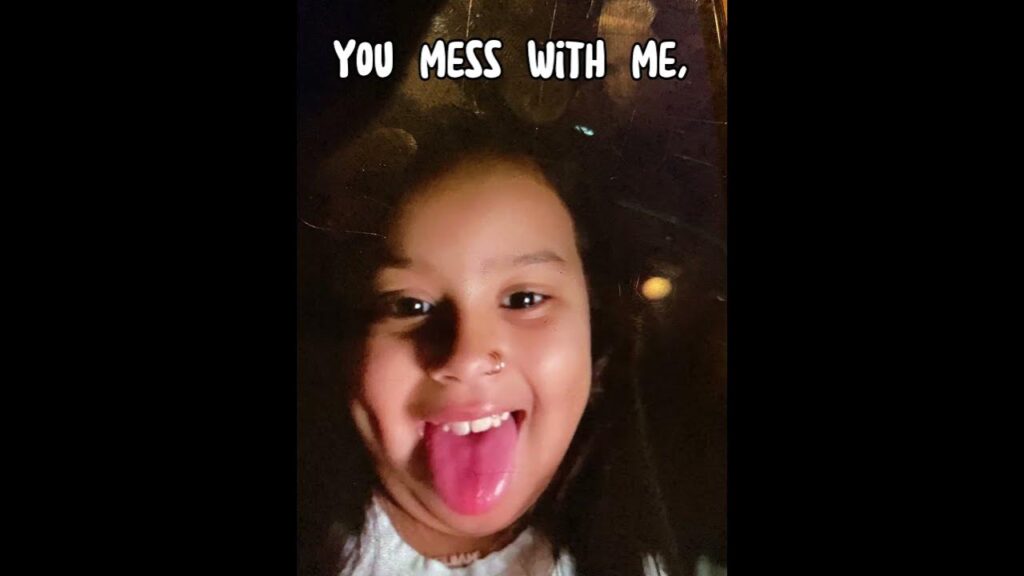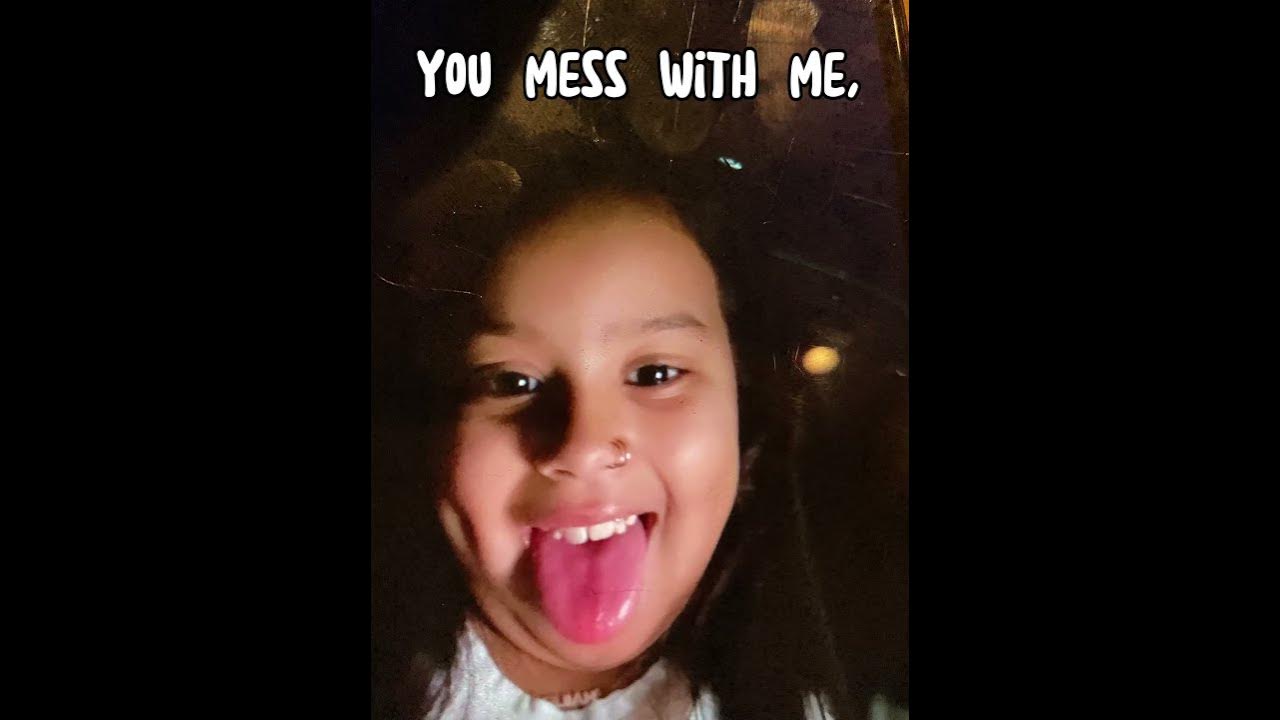
Don’t Mess With Us Fifth Graders: The Rising Power of Elementary Advocacy
The phrase “Don’t Mess With Us Fifth Graders” might sound like a playful threat from the schoolyard, but it’s increasingly becoming a rallying cry for young people who are finding their voices and using them to effect change. From environmental awareness to social justice, fifth graders are proving that age is no barrier to making a difference. This article explores the growing trend of elementary-aged activism and the power these young advocates wield. When you hear “Don’t Mess With Us Fifth Graders”, it’s a signal that change is coming from an unexpected but potent source.
The Evolution of Elementary Activism
Traditionally, activism has been associated with older demographics – teenagers, college students, and adults. However, the landscape is shifting. Thanks to increased access to information and a growing awareness of global issues, even fifth graders are becoming engaged and empowered to take action. The idea that you “Don’t Mess With Us Fifth Graders” is gaining traction because these students are organized, informed, and passionate.
Several factors contribute to this evolution:
- Increased Awareness: The internet and social media have exposed children to a wider range of issues than ever before. They are seeing the impacts of climate change, social inequality, and other critical issues firsthand.
- Educational Initiatives: Many schools are incorporating social studies and civics lessons that encourage critical thinking and civic engagement. Children are learning about their rights and responsibilities as citizens.
- Supportive Environments: Parents, teachers, and community leaders are increasingly supportive of children’s activism, providing them with platforms and resources to make their voices heard.
Examples of Fifth-Grade Activism
The impact of elementary activism can be seen in various initiatives across the country. Here are a few examples that demonstrate why you really “Don’t Mess With Us Fifth Graders”:
Environmental Advocacy
Many fifth graders are passionate about protecting the environment. They are organizing recycling drives, planting trees, and advocating for policies that reduce pollution. For instance, a group of fifth graders in California successfully campaigned to ban single-use plastic straws in their school district. Their dedication and persuasive arguments convinced school officials to make a change that benefits the environment. They demonstrated that you “Don’t Mess With Us Fifth Graders” when it comes to protecting the planet.
Social Justice Initiatives
Fifth graders are also taking a stand against social injustice. They are organizing fundraisers for charitable causes, raising awareness about issues like poverty and discrimination, and advocating for equality. In one notable example, a class of fifth graders in New York organized a letter-writing campaign to support refugees. They wrote heartfelt letters to local politicians and community leaders, urging them to provide assistance and support to refugee families. Their efforts garnered media attention and helped to raise awareness about the plight of refugees in their community. It became clear: “Don’t Mess With Us Fifth Graders” when they are fighting for what is right.
Anti-Bullying Campaigns
Bullying is a prevalent issue in schools, and fifth graders are often at the forefront of anti-bullying campaigns. They are creating posters, organizing workshops, and promoting kindness and respect among their peers. One group of fifth graders in Texas created a “Buddy Bench” on their playground, where students who feel lonely or excluded can sit and invite others to join them. This simple initiative has helped to create a more inclusive and supportive school environment. This showed everyone, “Don’t Mess With Us Fifth Graders” when it comes to creating a safe space for everyone.
The Power of Young Voices
The effectiveness of fifth-grade activism lies in its authenticity and passion. These young advocates are not driven by political agendas or personal gain; they are motivated by a genuine desire to make the world a better place. Their innocence and sincerity often resonate with adults and policymakers, making their voices even more powerful. When people realize, “Don’t Mess With Us Fifth Graders” they understand these children are serious about their cause.
Furthermore, fifth graders are adept at using social media and other digital tools to amplify their messages. They are creating videos, sharing stories, and organizing online campaigns that reach a wide audience. Their tech-savviness allows them to connect with like-minded individuals and organizations, building a network of support and collaboration. They are showing the world, “Don’t Mess With Us Fifth Graders” because they know how to get their message out there.
The impact of these young activists extends beyond the specific issues they are addressing. By engaging in civic action, they are developing valuable skills in leadership, communication, and problem-solving. They are learning how to research issues, organize campaigns, and advocate for their beliefs. These skills will serve them well throughout their lives, making them more engaged and responsible citizens. These children show, “Don’t Mess With Us Fifth Graders” because they are the leaders of tomorrow.
Challenges and Considerations
While fifth-grade activism is undoubtedly a positive trend, it is important to acknowledge the challenges and considerations involved. Young activists need guidance and support from adults to ensure that their efforts are safe, effective, and ethical. It’s crucial that, you “Don’t Mess With Us Fifth Graders” by taking advantage of their enthusiasm and dedication. Here are some key considerations:
- Adult Supervision: Adults should provide guidance and support to young activists, helping them to navigate the complexities of political and social issues.
- Age-Appropriate Activities: Activism activities should be age-appropriate and tailored to the developmental needs of fifth graders.
- Ethical Considerations: Young activists should be taught about ethical considerations, such as respecting diverse opinions and avoiding personal attacks.
- Safety: Ensuring the safety of young activists is paramount. Adults should carefully vet events and activities to protect children from harm.
The Future of Elementary Activism
The trend of elementary activism is likely to continue to grow in the coming years. As children become more aware of global issues and more empowered to take action, we can expect to see even more innovative and impactful initiatives led by young advocates. The phrase “Don’t Mess With Us Fifth Graders” will become increasingly synonymous with positive change and social progress.
Educators and parents can play a crucial role in fostering this trend by providing children with the knowledge, skills, and resources they need to become effective activists. By encouraging critical thinking, promoting civic engagement, and supporting children’s passions, we can empower the next generation of leaders to make a lasting difference in the world. When you empower them, “Don’t Mess With Us Fifth Graders” becomes a promise of a better future.
Conclusion
The rise of fifth-grade activism is a testament to the power of young voices and the potential for children to make a positive impact on the world. From environmental advocacy to social justice initiatives, these young advocates are demonstrating that age is no barrier to making a difference. So next time you hear someone say, “Don’t Mess With Us Fifth Graders,” take it seriously. These children are organized, passionate, and determined to create a better future for themselves and for generations to come. They are proving that the future is in good hands, and that even the youngest members of our society can be powerful agents of change. Their growing influence is a sign that a new era of activism is upon us, one where even the youngest citizens are empowered to shape the world around them. The determination of these students makes it clear: “Don’t Mess With Us Fifth Graders” because they are ready to lead the way.
[See also: The Importance of Youth Activism]
[See also: How to Encourage Civic Engagement in Children]
[See also: The Impact of Social Media on Young Activists]

